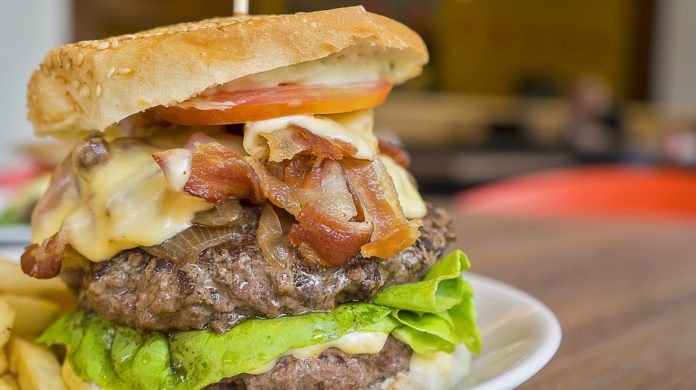The study that looked at 93 premenopausal women said deregulation of brain controls may cause overeating when one is feeling lonely
Your post breakup weekend cravings for ice cream and pizza are real, not imaginary and they originate in the brain, shows new research.
US researchers have found that neural messaging in certain areas of the brain may during phases when a person is feeling lonely, can trigger overeating. “These findings suggest that social isolation is associated with altered neural reactivity to food cues within specific brain regions responsible for processing internal appetite-related states and compromised executive control and attentional bias and motivation toward external food cues. These neural responses toward specific foods were associated with an increased risk for higher body fat composition, worsened maladaptive eating behaviors, and compromised mental health. These findings underscore the need for holistic mind-body–directed interventions that may mitigate the adverse health consequences of social isolation,” they reported in JAMA Network Open.
The study looked at 93 premenopausal women. It elucidates the neural mechanisms linking perceived social isolation and loneliness to obesity, eating behaviors, and mental health symptoms. Individuals who were lonely exhibited increased body fat composition and more maladaptive eating behaviors, alongside heightened susceptibility to psychological symptoms, the researchers said.
They recommended interventions to control this deregulation of brain controls during periods when one is feeling lonely. “To nourish or feed the lonely brain, holistic interventions that target both body and mind for overall lifestyle improvement may offer the most effective means of mitigating the complex adverse effects of social isolation. For example, normalizing altered brain networks through mobile interventions, such as journaling and meditation, have shown improvements in self-compassion, stress reduction, and lower BMI. Similarly, exercise and diet interventions that target the brain and gut may correlate with fat loss, reduced hunger, increased psychological resilience, and improved mood,” they wrote.


